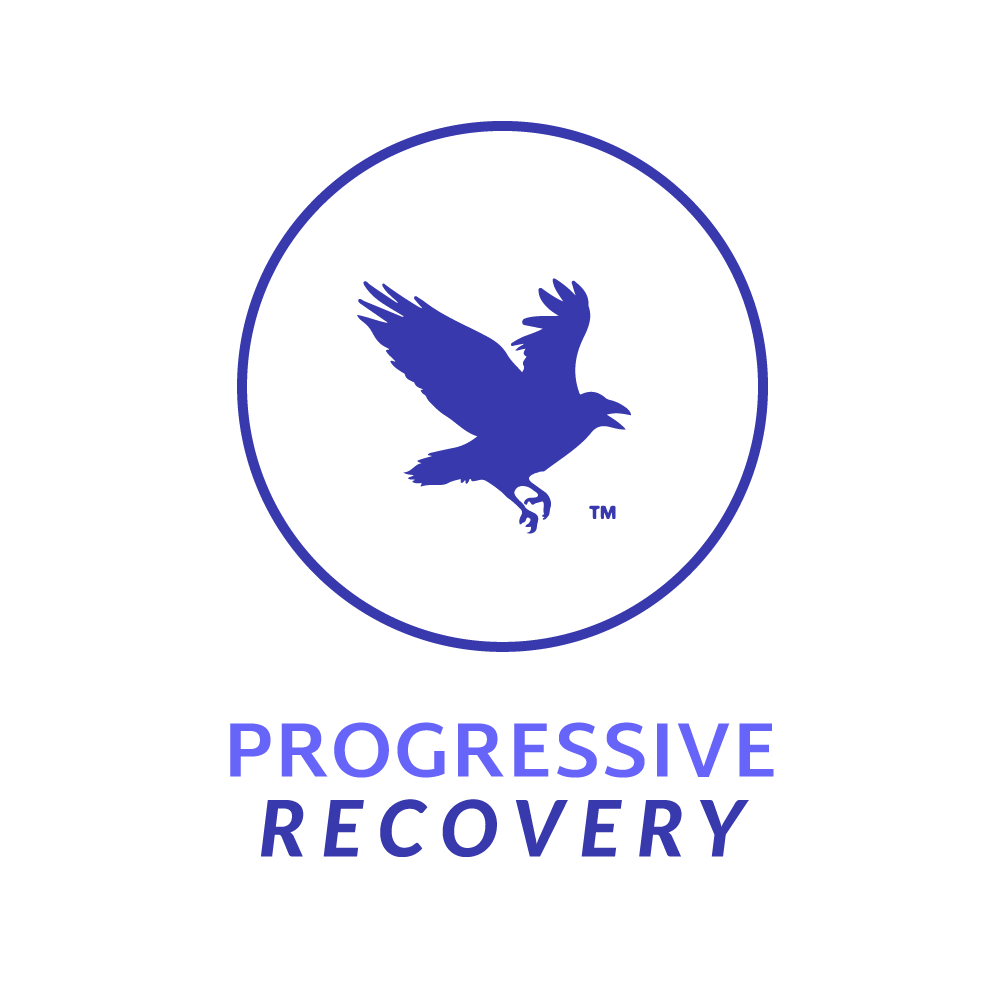Life Through Writing: Journaling About Recovery
In this episode of The Recovery Sessions, Karen discusses the process that has been most valuable to her progressive recovery.
What is the one thing you are doing today that is the most important in continuing to advance your recovery, and why?
Every morning, I journal for an hour. It gives me time to review the previous day’s events, relationships and conversations, dreams that need to be written down (I have dream questions that I can use to work on dreams that really speak to me), new learnings and quotes from books, or audio programs I listen to. I have had a spiritual director for thirty years and had long term therapy. My processes are documented. I have written passages of books, my own poems and drawings as they come up.
Right now, I am doing a lengthy review of my 11th step history of prayer, spiritual influences and how my image of God has changed. I've just joined a new AA meeting in my recent move to Jacksonville. The meeting is ten minutes of meditation and a speaker relating their story as it pertains to the 11th step. It's got me curious about my story from this perspective. I'll end up typing my story out, just as I've typed my AA and Al Anon stories out.
How did you come across this process?
I have kept a diary/journal since I was ten years old; we grew up as avid readers in our home. My father bought hardback books his whole life; he used to sit at the kitchen table with a dictionary and if he could not spell a word, we got a nickel. But we never got one! We grew up with a family of five girls, and my mom always kept a desk diary with our activities (including menstrual periods!) and allowance transactions in it. My father had one for work and when he retired, he kept one with daughters’ phone calls, daily errands etc. Although I have had a similar calendar, my first little red diary started this practice. There have been gaps in my written history and it hasn't been daily at times, but it has been a constant discipline.
I have all of the journals labeled and stored in boxes for safekeeping; they are treasures. When I moved, they came in my car. I taught journaling in a workshop once and still have my "journaling worksheet" that I share with others who are interested. My husband told me he married me for my words. Ha! I love the words that put our stories together.
My journaling is the tip of the iceberg. The stories of my life come out in varied ways. When I've had estate sales, I'd journal the memory of the item. I had a file for every year of my life until this move, but wrote about much of the stuff I pitched. (I kept cards, report cards, school papers, theatre programs, letters, etc.) I had cardboard "dressers" with pull out drawers for every year of our two sons’ lives and threw much away. I condensed them into a box for each. I have a box for each parent and each side of the family that went through an organization prior to this last move to be close to sons/wives/grandparents. I have kept my process papers from graduate school pastoral theology. I have weekly reports from 7 years of recent job and annual reports from pioneering work before that. I have a written history of a ten year formation of a non profit I co-created in 1976. I love keeping the history of my life and family!!
My identical twin is a writer and we are each taking a parent and writing a history based on what they left behind; I'm taking my dad to do more recovery work on him.
What’s different about this process than traditional recovery practices? What makes it applicable to others?
I'd see this as my consistent written 11th Step practice. It's in writing though. To me, it is a living, breathing meditation and prayer that flows into different ways of seeing, doing and being. The awareness I get as I write, or re-read gives me an ability to see patterns and be more honest. When I have an active writing of something, it lets me remember more vividly.

